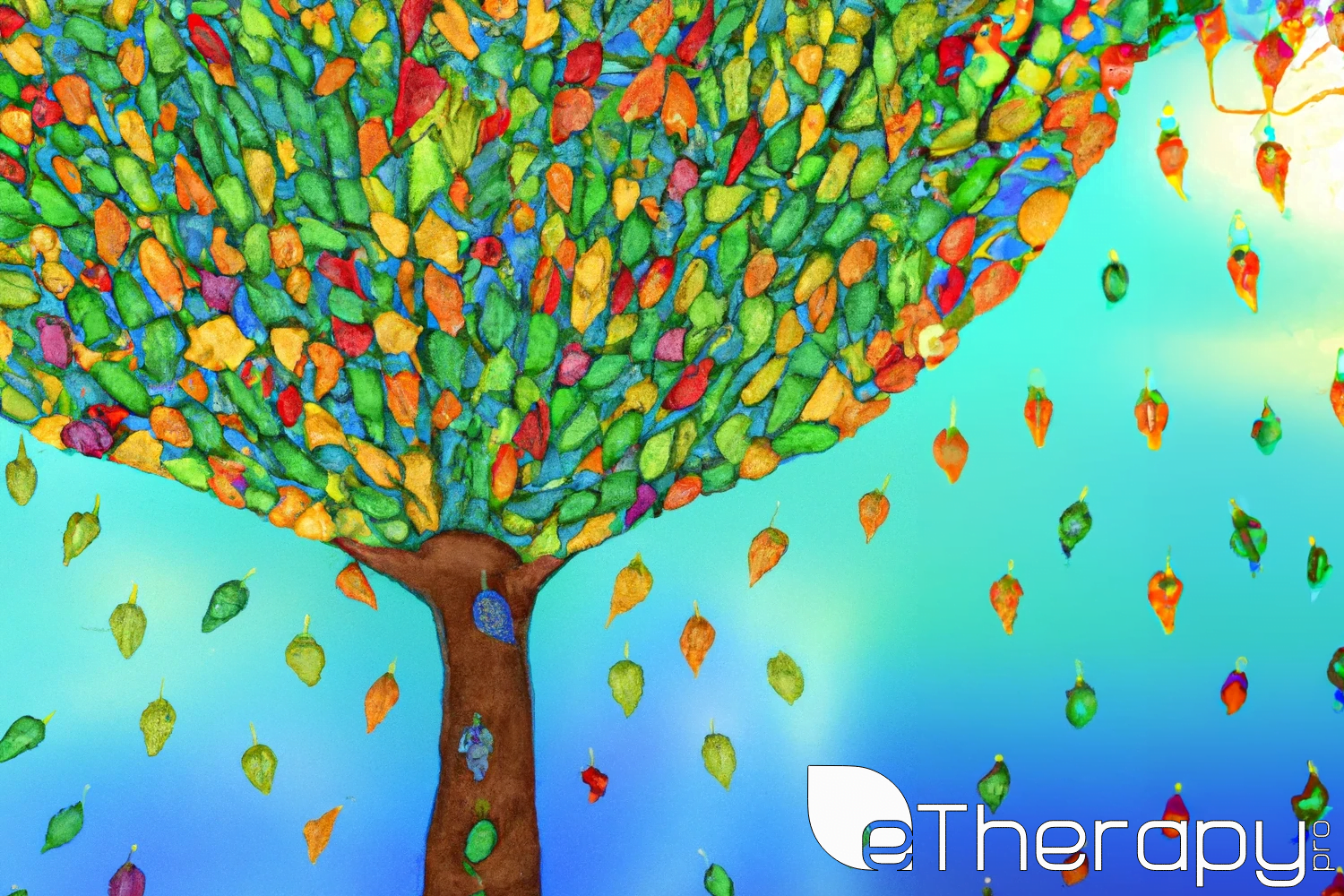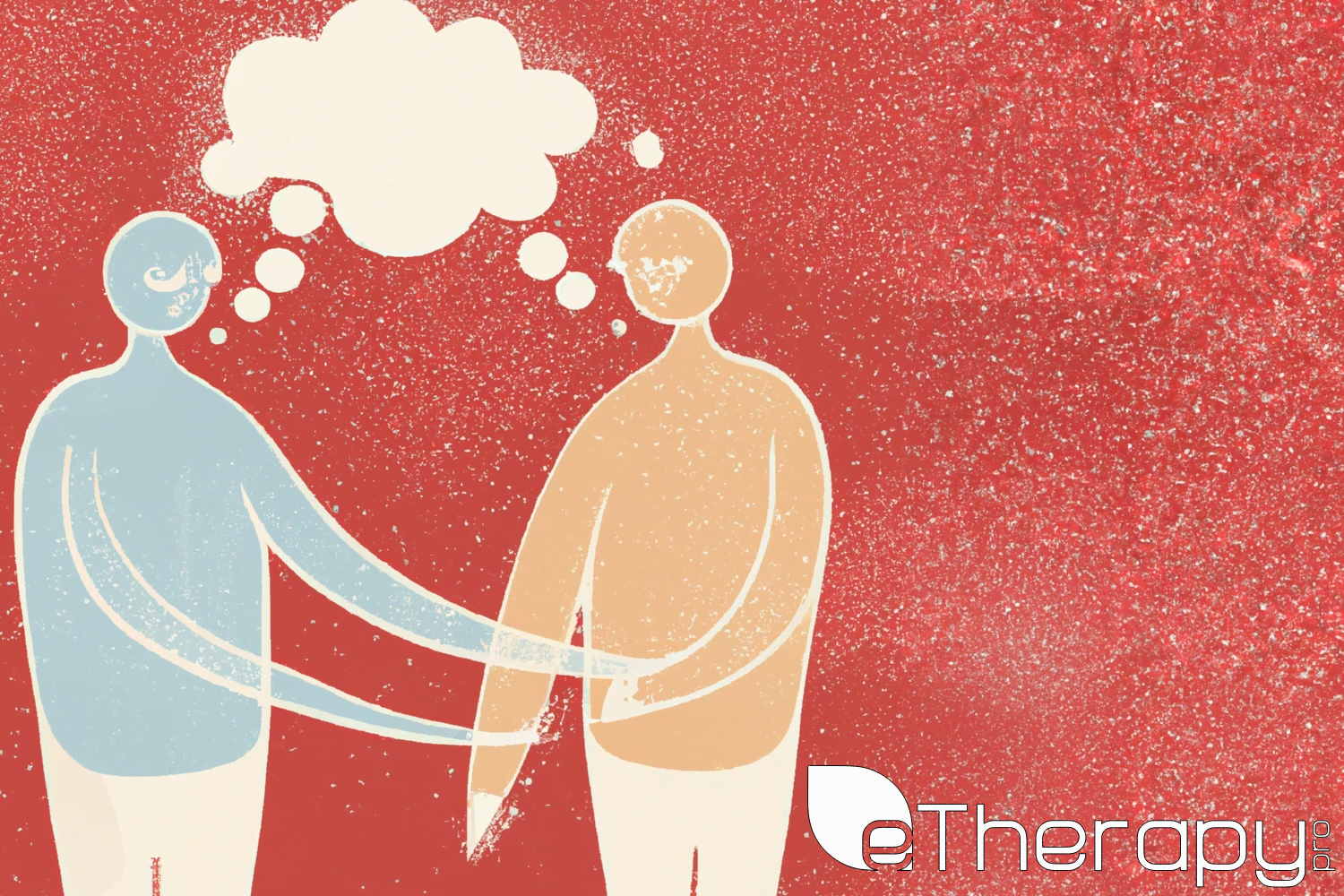 Every relationship requires a certain level of give-and-take. But what happens when a relationship turns into a battlefield, where one person’s gain is considered another person’s loss? This is the essence of a zero-sum games in relationships. In this article, we’ll examine this detrimental mindset, its impact on relationships and mental health, and explore solutions.
Every relationship requires a certain level of give-and-take. But what happens when a relationship turns into a battlefield, where one person’s gain is considered another person’s loss? This is the essence of a zero-sum games in relationships. In this article, we’ll examine this detrimental mindset, its impact on relationships and mental health, and explore solutions.
Defining Zero-Sum Games
Before exploring the implications of zero-sum thinking in relationships, it’s important to define what a ‘zero-sum game’ is and how it plays out in interpersonal dynamics.
The Concept of Zero-Sum Games
The term ‘zero-sum game’ originates from the realm of game theory and economics. It refers to a scenario where any gain made by one party is matched by an equivalent loss to another party, meaning the net change in total wealth or benefits is zero. To put it simply, in a zero-sum situation, one person’s win is another’s loss, and vice versa. If the total gains and losses are added together, they would cancel each other out, hence the term ‘zero-sum.’
Consider a game of chess, for instance. It’s a classic example of a zero-sum game. For one player to win, the other must inevitably lose. There is no possibility of both players winning or sharing the victory.
Zero-Sum Game Mindset in Relationships
A zero-sum mindset in relationships means believing that one person’s success means the other’s failure. It treats relationships like a competition, not a partnership. This mindset can infiltrate all aspects of a relationship.
An example could be a disagreement about spending quality time together versus pursuing individual interests. One partner may wish to spend more time together, while the other may want time for their hobbies. If one person views this situation as a zero-sum game, they might believe that their partner spending time on personal interests equates to ‘losing’ quality time together. This can lead to feelings of resentment or dissatisfaction, creating tension within the relationship.
Understanding the zero-sum game mindset is the first step towards recognizing its signs in your relationship and working towards a healthier, more balanced dynamic. Through platforms like eTherapyPro, individuals and couples can gain professional insight to navigate these complexities and foster a more cooperative mindset.
The Impact of Zero-Sum Games on Relationships
Applying a zero-sum mentality to a relationship can have serious repercussions on its health and longevity. Let’s delve deeper into the potential impacts.
Erosion of Trust
Trust is the bedrock of any healthy relationship. It promotes open communication, emotional intimacy, and mutual understanding. However, when a relationship becomes a zero-sum game, this trust can quickly erode. If one or both parties feel they constantly need to protect their interests for fear of losing out, trust is replaced by suspicion and guardedness. Over time, this can lead to emotional distance, making it challenging to maintain a close, supportive relationship.
The fundamental glue that keeps a relationship together is trust. – Brian Tracy
Increased Conflict
Another significant impact of a zero-sum mentality is an increase in conflict. In relationships marked by zero-sum thinking, disagreements may turn into high-stakes battles. Instead of collaborating to reach a mutually beneficial resolution, partners may engage in power struggles, each trying to ‘win’ at the expense of the other. This competitive approach escalates tensions and can make even minor disagreements feel like major battles.
Case Study: An Example of Zero-Sum Conflict
To illustrate this, let’s consider a couple deciding on a holiday destination. With a cooperative approach, they would discuss their preferences, consider each other’s points of view, and aim for a solution that offers mutual enjoyment. But when a zero-sum game mindset takes hold, this decision can quickly become a battle.
Suppose one partner prefers a beach vacation, while the other yearns for a mountain retreat. A zero-sum mentality would frame this as a ‘win-lose’ situation, where the selection of one partner’s preferred destination would be seen as a ‘loss’ for the other. Rather than delighting in the joy of shared time, the partner who ‘loses’ may feel resentment, making the vacation less enjoyable for both.
Addressing this mindset and promoting healthier relationship dynamics is a primary focus of many mental health professionals. Platforms like eTherapyPro provide a safe, supportive space where couples can learn to move away from zero-sum thinking and towards a more collaborative and enriching relationship dynamic.
Sure, let’s expand upon these sections.
Mental Health Implications of Zero-Sum Thinking
The zero-sum mentality can inflict substantial damage on relationships, and it also bears heavy implications on individual mental health.
Stress and Anxiety
Engaging in a constant ‘win-lose’ dynamic can be a potent trigger for stress and anxiety. The constant need to defend oneself can lead to chronic stress and anxiety, negatively impacting mental health and daily life.
Impact on Self-Esteem
In a zero-sum relationship, a person who repeatedly finds themselves on the ‘losing’ side may experience a significant drop in their self-esteem. Regularly losing out to their partner can lead to self-doubt, with individuals questioning their value and worth in the relationship. This can culminate in feelings of inferiority and inadequacy, which may extend to other areas of their life as well.
Shifting Away from Zero-Sum Mindset
If you recognize that you are entrenched in a zero-sum dynamic, there are several effective strategies to shift this unhelpful pattern.
Importance of Empathy and Understanding
Empathy is a powerful tool in dismantling the zero-sum mentality. Striving to understand your partner’s perspective can foster an environment of mutual respect and cooperation. Seeing things from your partner’s viewpoint can help you appreciate their needs and concerns, thereby promoting a ‘win-win’ mindset instead of a competitive one.
The Role of Communication
Effective and open communication is another key strategy to address and overcome zero-sum thinking. Expressing your feelings, fears, and concerns, and actively inviting your partner to do the same, can pave the way for mutual understanding and compromise. This can replace the ‘win-lose’ dynamic with a more cooperative and respectful interaction.
Mutual understanding is the main backbone of every happy relationship. – Edmond Mbiaka
Professional Help for Navigating Zero-Sum Relationships
Professional therapeutic support can be an invaluable resource in helping individuals and couples break free from the zero-sum cycle.
Therapeutic Approaches
Therapy can offer effective strategies to disrupt zero-sum thinking, encouraging healthier relational patterns. Therapists at eTherapyPro, for instance, can help improve communication skills, promote empathy, and boost self-esteem. They can provide tools to facilitate better understanding and cooperation in relationships. Moreover, they can offer coping mechanisms for stress and anxiety and assist in restoring self-esteem. Through therapy, individuals and couples can find a way out of the zero-sum cycle, fostering more harmonious and fulfilling relationships.
Conclusion
Zero-sum relationships can harm trust, communication, and mental health. Empathy, better communication, and seeking help can shift them to a more positive, cooperative approach. Maintaining healthy relationships is vital for our overall well-being. So remember, a relationship is not a competition; it’s a partnership where both individuals can and should benefit.
Understanding zero-sum games in relationships is an essential step toward healthier dynamics. Zero-sum relationships can be toxic. Seek help from professionals at eTherapyPro to break this cycle and build healthier connections.




